
A San José criminal court last month sentenced two public notaries to 15 years in prison for property fraud committed in Guanacaste.
The two defendants, attorneys surnamed Herrera Fonseca and Vargas Barrantes, were convicted of using falsified public documents to transfer properties to third parties without the owners’ knowledge.
The court’s ruling, details of which were provided to The Voice of Guanacaste by the judicial branch’s press office, was handed down in July and is under appeal.
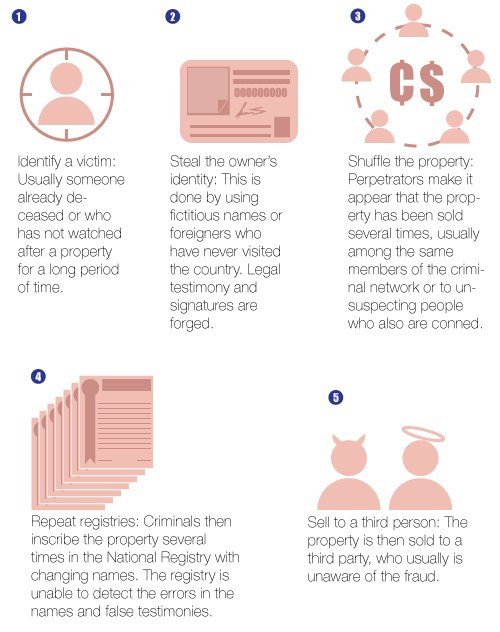
Two other defendants surnamed Soto Torres and Rosales Briceño also were convicted and sentenced to six years of house arrest with electronic monitoring for their role in the crimes. Rosales Briceño is from Nicoya.
Four of the properties are located in Guanacaste, in Bagaces Centro, Nicoya Centro, Nosara and Sardinal de Carrillo, and one is in Puntarenas.
Land fraud cases are not a new phenomenon in Guanacaste and can happen to anyone who owns a finca, particularly those who purchased property a long time ago and haven’t made recent legal filings, such as updating property values. The land in this case was purchased in the 1970s and ’80s.
Since 2011, The Voice of Guanacaste has warned readers of a criminal network dedicated to stealing properties in the Americano de Nosara project in order to quickly sell them off.
“I’m litigating cases for 61 properties that are in a similar situation,” said Javier Chaverri, an attorney for two of the victims.
Targets
In land fraud cases, a perpetrator pretends to be the actual owner in order to steal property from the victim.
In this case, one of the victims is an Israeli man with the last name Zloof. The defendants removed his name as president of a sociedad anónima, or public limited company, controlling the property in Bagaces, valued at ₡54 million ($98,000).
Another victim is a U.S. man with the last name Smith, whose property in Nicoya is valued in the Public Registry at $200. While that figure may seem low for land value, the court noted that the properties involved in this case had “high capital gain.” Properties in Costa Rica often are undervalued in the National Registry.
Smith’s property was then transferred to the name of a foreigner who doesn’t appear in any global registry. The land was then transferred to Soto Torres and sold to an unsuspecting buyer.
A third case involves Canadian brothers with the last name Lowe, who inherited three properties in Nosara valued between $100-$200. These properties were fraudulently transferred in a similar manner as the case cited above.
Defendants also targeted a Costa Rican family surnamed Caravaca, with the help of one of the family members, who participated in the illegal transfer of land located in Sardinal de Carrillo, valued at ₡232 million ($425,000).
Defense
At trial, one of the convicted attorneys, Herrera, pleaded not guilty. He claimed not to know the people whose names appeared on the deeds and falsified documents, and said he never participated in the fraud.
He admitted to participating in the Smith case, in which defendants used the name of a nonexistent person to transfer property, but he claimed it was an error devoid of malice.
“If that person doesn’t exist and their identity was mistaken, it is an error and is justifiable, I think. They led me to commit an error,” he said.
He also claimed to be unable to access evidence to defend himself, because prosecutors seized his computer and all of his documents, preventing him from mounting a proper defense.
A former spouse of Vargas’ testified on his behalf, saying the defendant is an alcoholic and needs psychological counseling. Rosales Briceño also plead not guilty in the case.
How To Avoid Becoming a Victim
If you are a property owner, Bernal Jiménez of Andersen & Asociados recommends you subscribe to the National Registry’s Property Monitoring Service, which can help you stay current with any changes to your property. The service has an annual fee of $15 per property.
If you’re looking to buy property, it is important that your attorney complete all legal paperwork with the registry before you acquire a property. “A simple review of the information can help detect errors that are easily avoidable,” said Javier Chaverri, an attorney for two land-fraud victims.


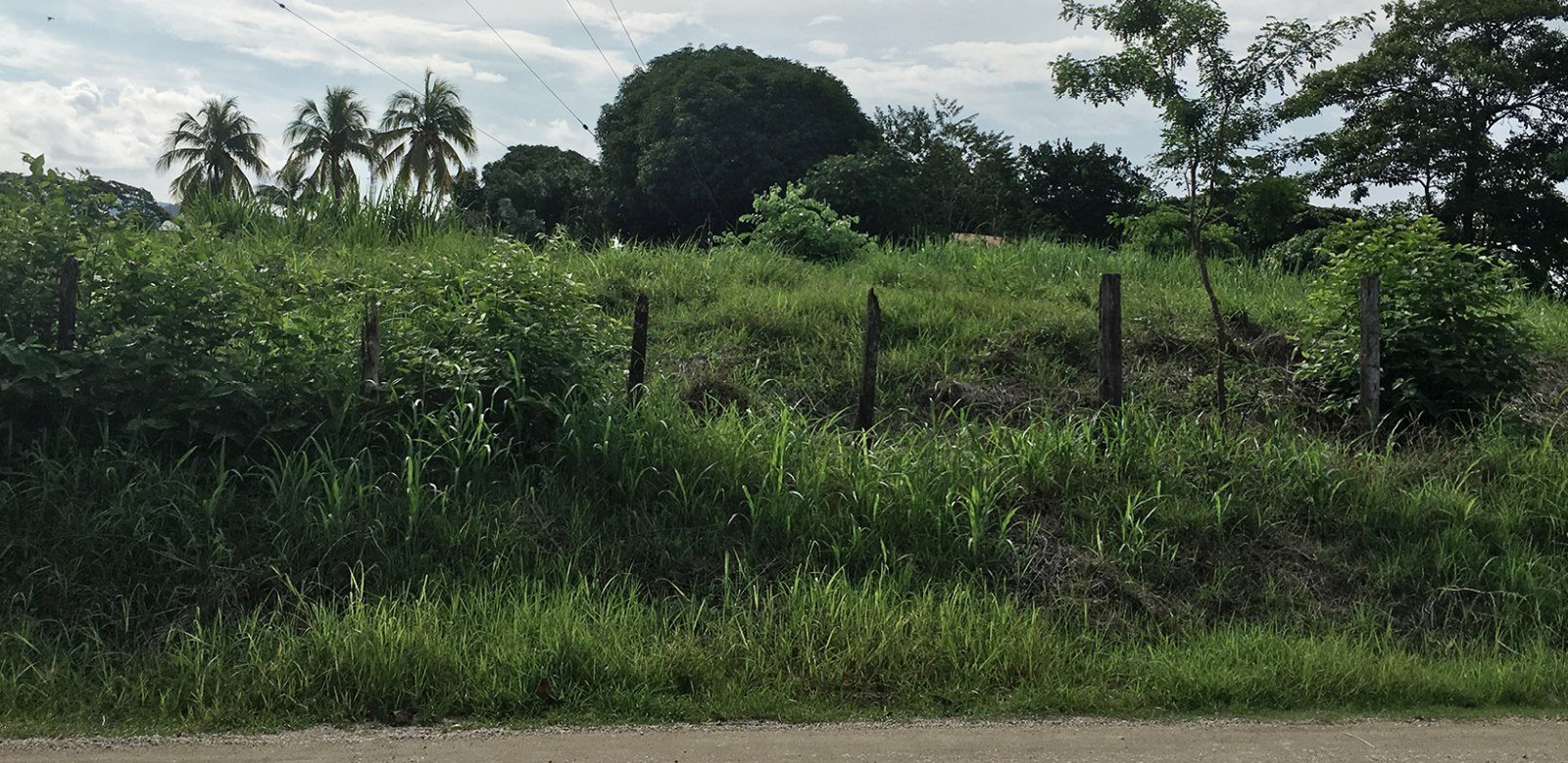
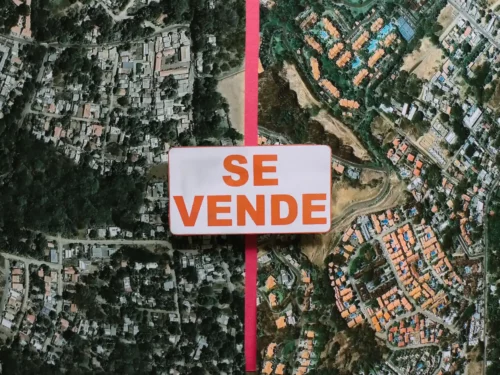
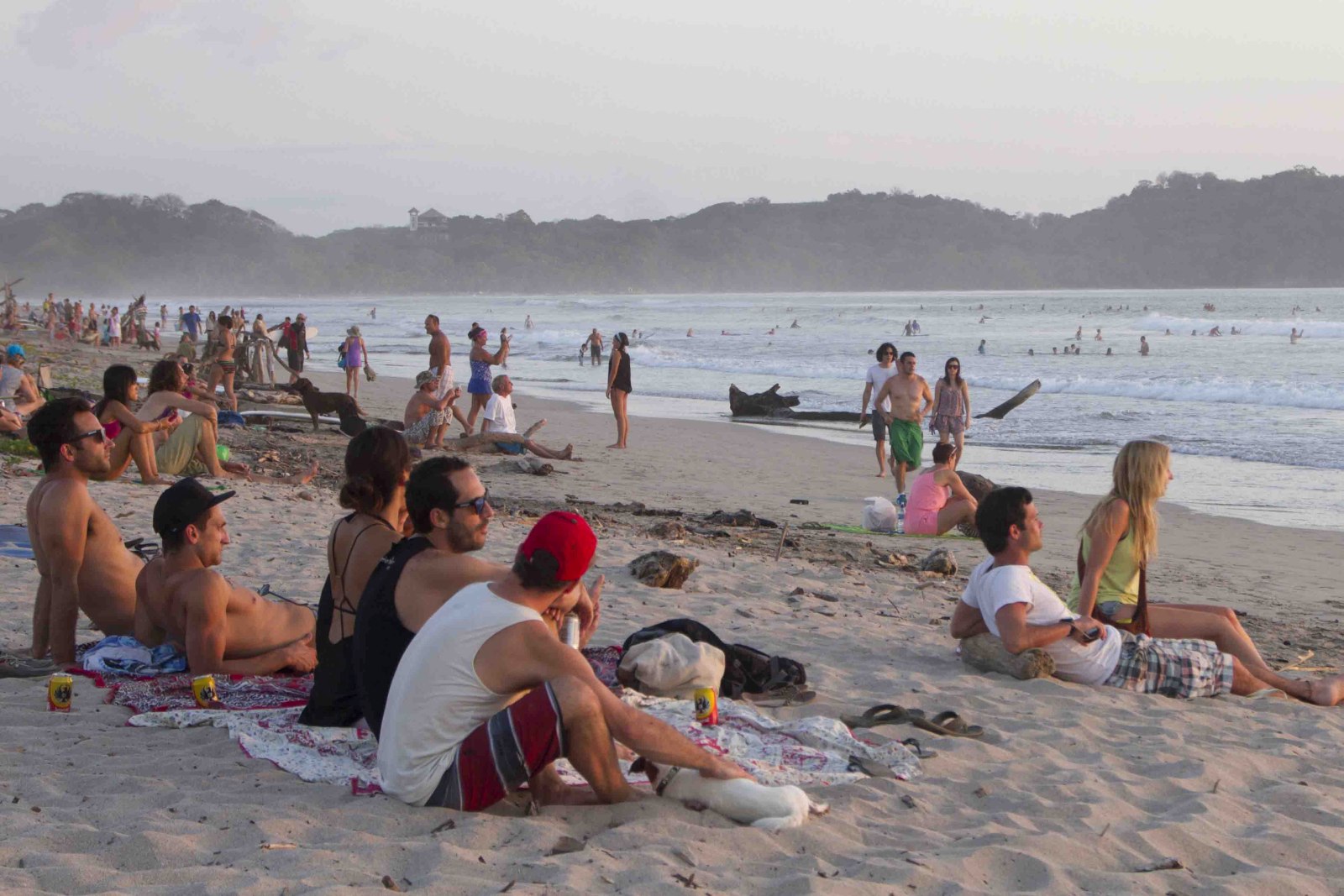
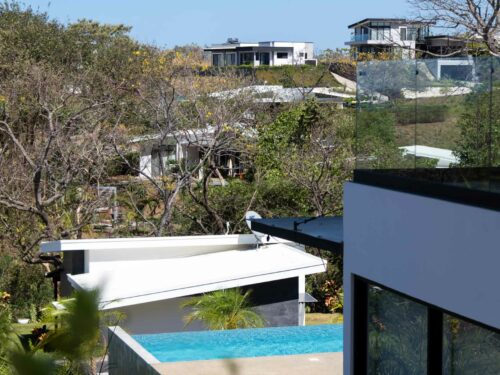

Comments